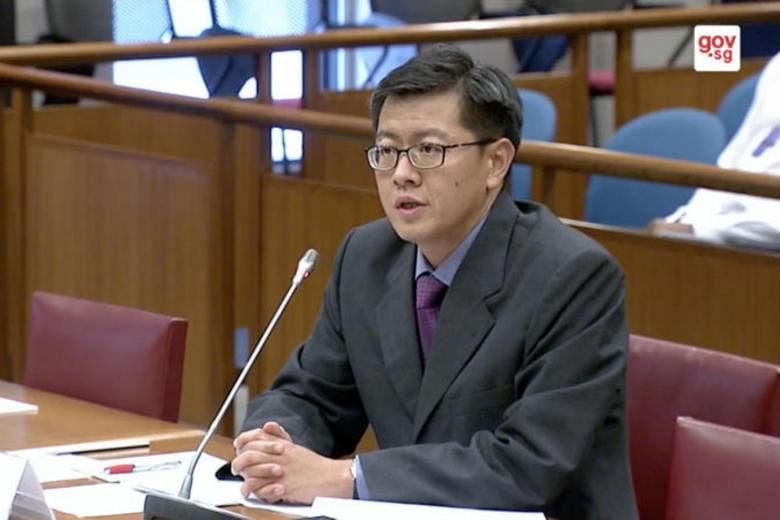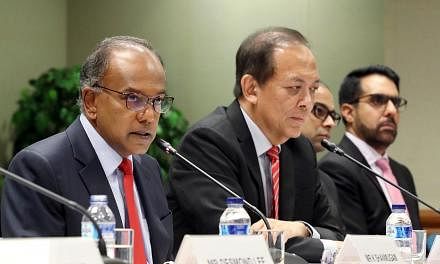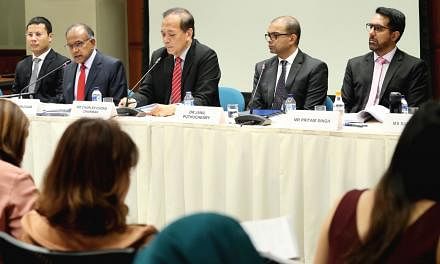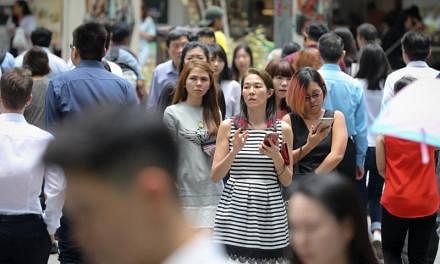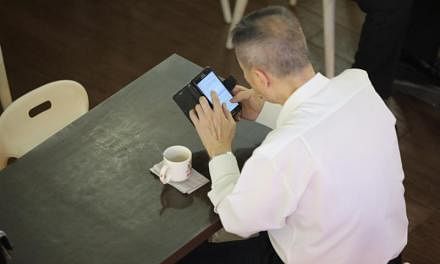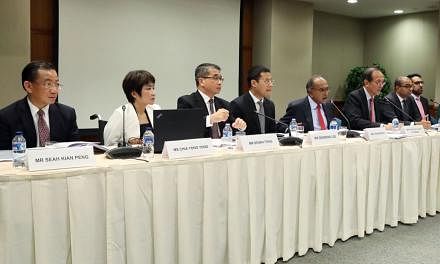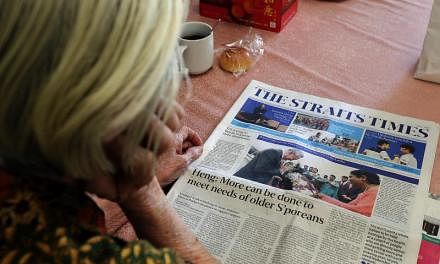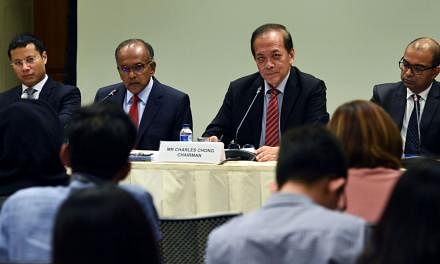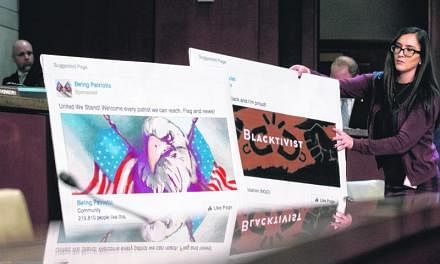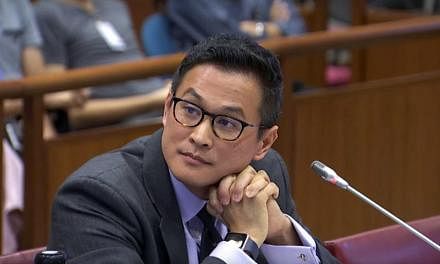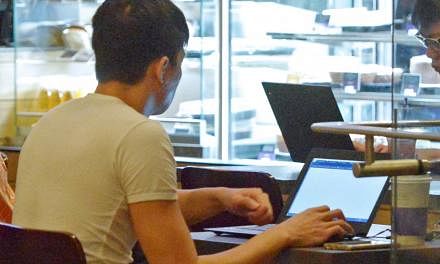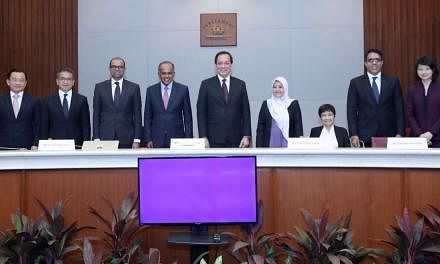SINGAPORE - Any new legislation introduced to tackle the problem of deliberate online falsehoods should not compromise the freedom of speech, Singapore Management University (SMU) law don Eugene Tan said on Wednesday (March 28).
"Any new laws must conform to the rule of law and bolster confidence that the legal regime is not designed to curb robust public discourse nor to impose censorship and crush political dissent," he argued in his written submission to the Select Committee on deliberate online falsehoods.
Associate Professor Tan also proposed a multi-pronged approach to deal with the problem.
Laws may be considered in situations of "clear and present danger", or updated to keep up with the times, such as to prevent the abuse and misuse of social media platforms, he said.
But it is important to keep in mind that they could risk stifling the "bottom-up energy and mobilisation that is needed to fight deliberate falsehoods", he wrote in his submission.
"We don't want to take out a sledgehammer when a nutcracker will be enough," he added.
For instance, a government's branding of a statement or narrative as falsehood could be used for partisan purposes, and governments or their agents themselves have also had a hand in creating or spreading falsehoods in other parts of the world.
Prof Tan said the new laws, if introduced, may also not adequately address the problem as they may not have the reach and jurisdiction to combat disinformation warfare mounted by foreign powers.
Instead, Singapore's efforts should focus on ensuring such campaigns do not succeed in undermining domestic resilience and social cohesion.
Strong media literacy and education will be the strongest bulwark against deliberate falsehoods, said Prof Tan, who called for a sensitised approach that does not become a "hard-sell".
"I don't think the Government is in a position to tell each person what they should believe or not believe, and the moment any government does that, then it is more likely than not that the piece of information may not believed at all," he added.
Prof Tan acknowledged that concerns about how falsehoods may divide societies along racial or religious fault lines are valid, when presented with examples of such situations by committee members Edwin Tong and Rahayu Mahzam.
But Singapore has not been too badly affected by incidents involving falsehoods, which points to "some level of local resilience", he said, even as he called for more local studies to be done on this issue.
He agreed with Ms Rahayu that "hard laws" help maintain social stability in Singapore.
Prof Tan noted that a 2014 Pew Research Centre study had ranked Singapore as the most religiously diverse country in the world, and it was also found to be among countries with "very high" government restrictions on religious beliefs and practices, such as limitations on preaching.
But he added that the issue of racial and religious vulnerabilities should be approached "from a position of confidence, not a position of fear".
Prof Tan also called for an expansion in the number of trusted information and news sources, and for Singapore's political leadership to maintain and enhance trust in public institutions and democratic processes.
"Once trust is lost, deliberate falsehoods are given a lease of life of their own. By the same token, trust has to be earned."
Public hearings to fight online falsehoods: Read the submissions here and watch more videos.
